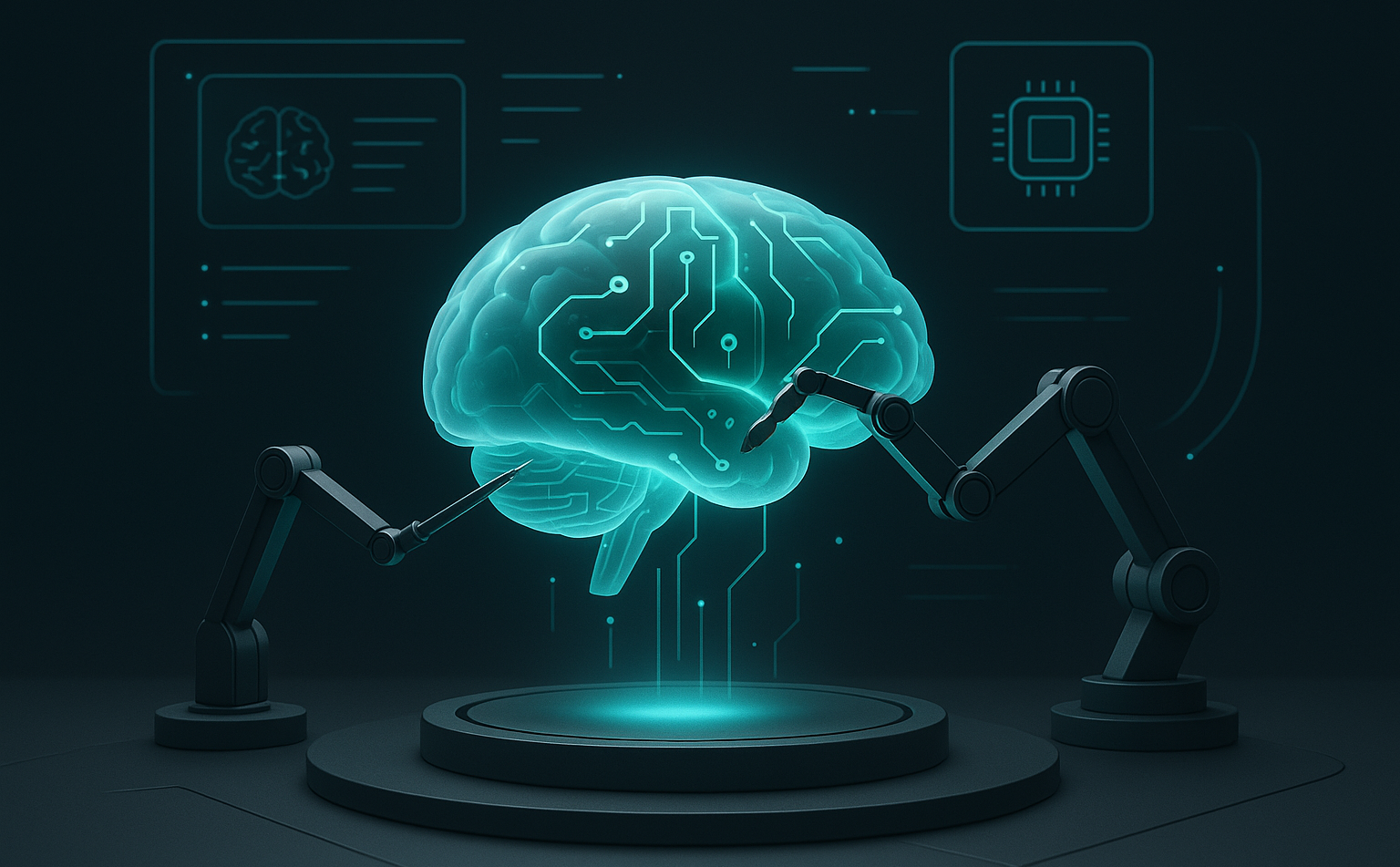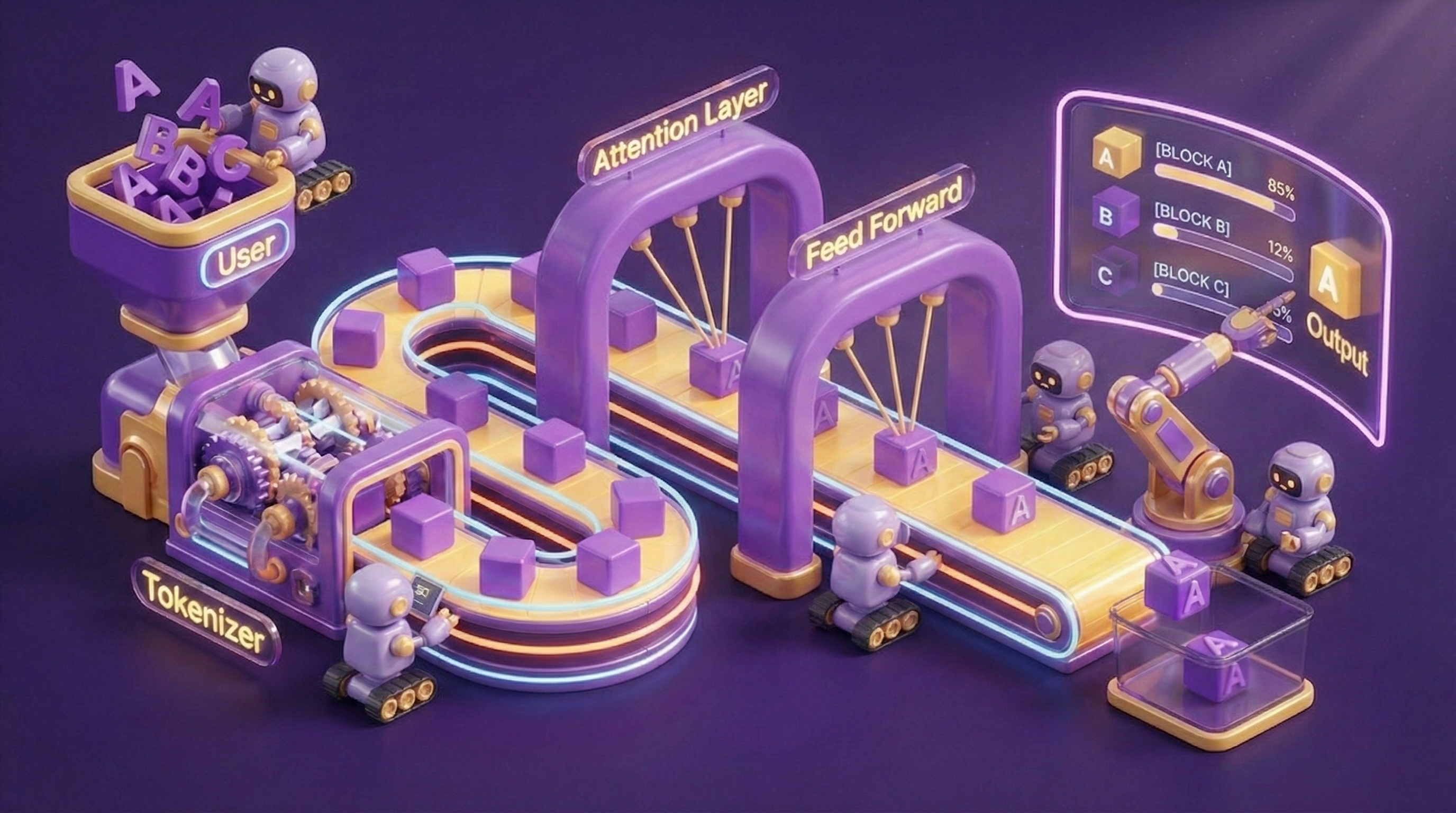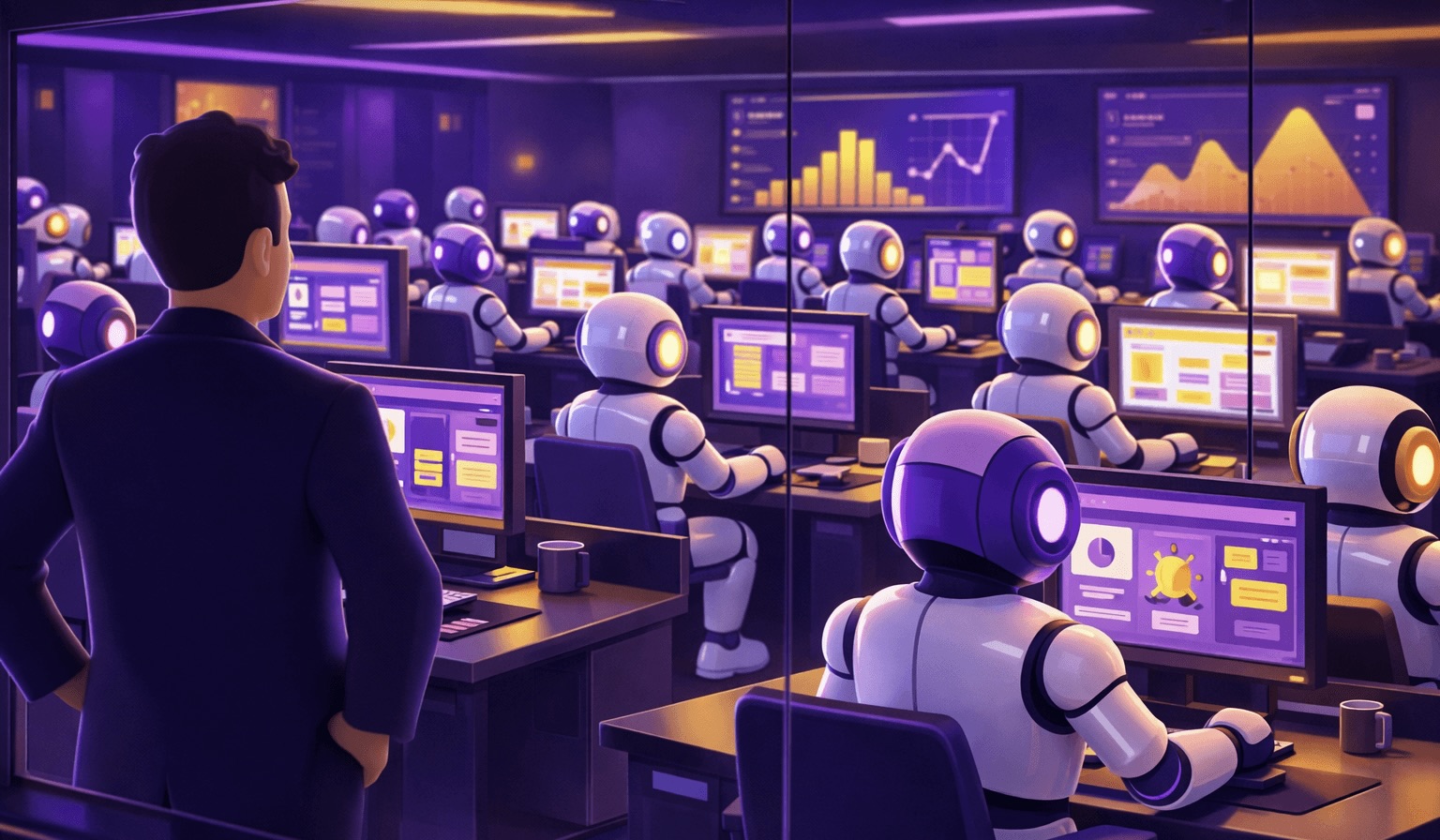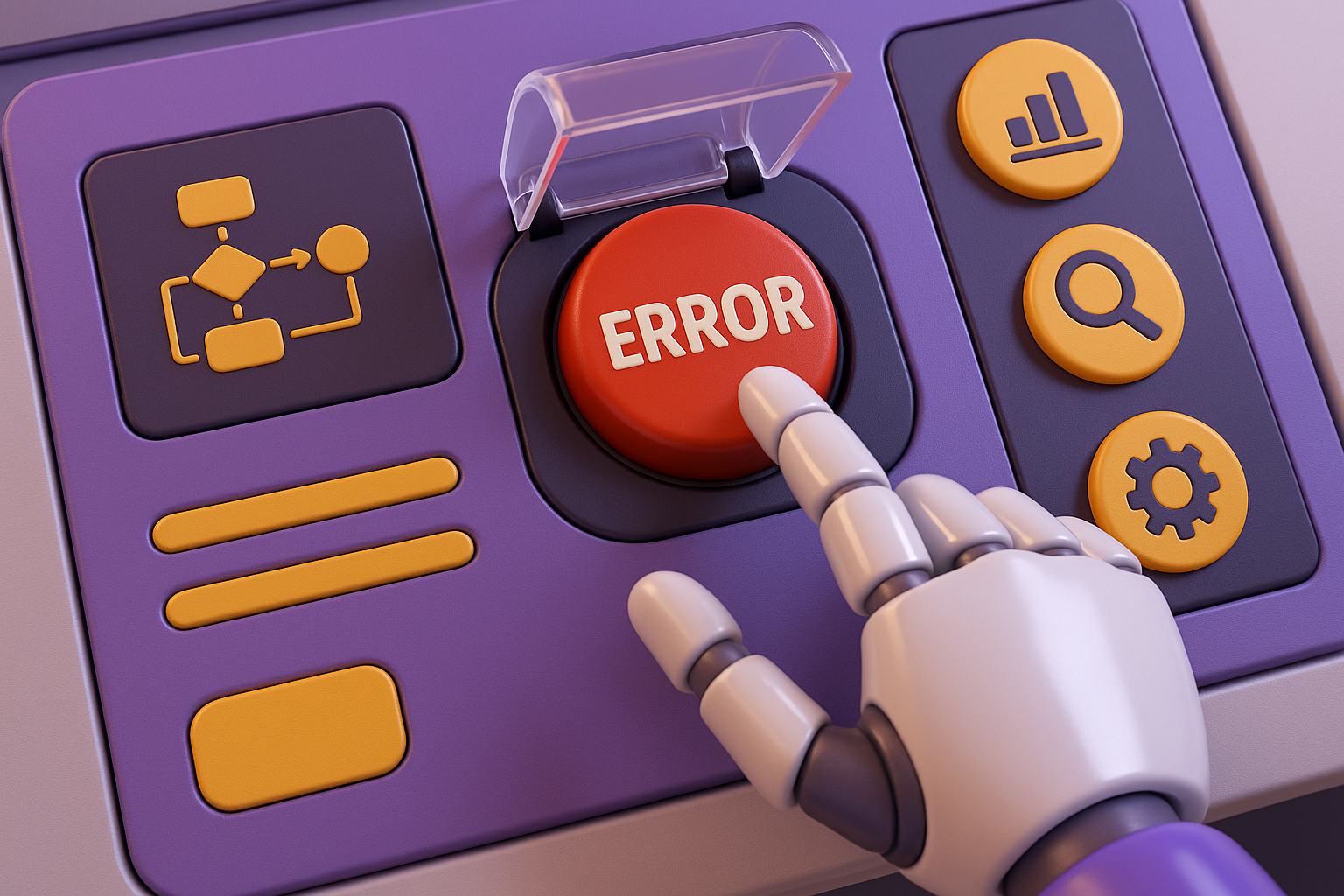In today's world, AI agents surround us and are becoming an integral part of our daily lives. But what actually powers these intelligent assistants? What secrets are hidden in their "brains"? In this article, we'll dive into the fascinating world of artificial intelligence, where advanced algorithms, machine learning, and massive datasets intersect. We'll answer questions you might have and explain how AI agents process information and adapt to your needs. From simple tasks like scheduling meetings to more complex interactions, AI assistants are constantly evolving. Get ready for an exciting journey into the technology that's transforming how we communicate and work.
Introduction to the world of AI agents
AI agents, also known as intelligent assistants, are becoming more and more integrated into our lives. Whether it's Siri, Alexa, Google Assistant, or sophisticated enterprise systems, AI agents help us with a wide range of tasks. Thanks to their ability to learn and adapt, they are becoming increasingly important tools in our daily routines. But how do they actually work? What allows them to be so smart and efficient?
In this article, we'll explore the different components that form the foundation of AI agents. We'll examine how they work, the technologies behind them, and how they learn and adapt. We'll also look at real-life examples of successful AI agents and how they're changing our lives. Finally, we'll reflect on the future of AI agents and their ongoing development.
How do AI agents work?
To understand how AI agents work, it's important to first understand what an AI agent is. An AI agent is a piece of software designed to perform specific tasks with a certain level of autonomy. These tasks can be simple, like answering questions, or complex, like planning and executing a series of steps to achieve a goal.
AI agents operate based on algorithms that analyze data and make decisions accordingly. These algorithms can range from simple rule-based systems to complex neural networks. Algorithms allow AI agents to process information, learn from it, and adapt to new situations.
One of the key aspects of AI agents is their ability to learn. Learning is the process through which AI agents acquire new knowledge and skills. This can be achieved through various methods, including machine learning, deep learning, and reinforcement learning. These techniques enable AI agents to become increasingly smarter and more capable.
Key technologies behind AI assistants
One of the foundational technologies behind AI agents is machine learning. Machine learning is a subset of artificial intelligence that focuses on developing algorithms that allow machines to learn from data. This means AI agents can analyze large volumes of data, identify patterns, and use those patterns to make decisions.
Another crucial technology is natural language processing (NLP). NLP enables AI agents to understand and interpret human language. This allows them to communicate with users in a natural way, respond to questions, and perform tasks based on voice or text commands. NLP is essential for making AI agents user-friendly and effective.
Beyond machine learning and NLP, there are other technologies that play a vital role in AI agents. These include computer vision, which allows AI agents to recognize and interpret visual information, and robotics, which enables them to interact with the physical world. Together, these technologies provide the foundation for the development and functionality of AI agents.
Machine learning and its role in AI
Strojové učení je jedním z nejdůležitějších aspektů AI agentů. Umožňuje jim analyzovat obrovské množství dat a učit se z nich. Existuje několik různých typů strojového učení, včetně dozorovaného učení, nedozorovaného učení a posilovaného učení. Každý z těchto typů má své vlastní výhody a nevýhody a je vhodný pro různé typy úkolů.
Dozorované učení je jedna z nejběžnějších forem strojového učení. Při dozorovaném učení je AI agent trénován na základě označených dat. To znamená, že data obsahují vstupy i odpovídající výstupy a AI agent se učí spojit tyto vstupy s odpovídajícími výstupy. Tento typ učení je velmi účinný pro úkoly, jako je klasifikace a predikce.
Nedozorované učení je další důležitý typ strojového učení. Při nedozorovaném učení jsou data, na kterých je AI agent trénován, neoznačená. To znamená, že AI agent musí sám najít vzory a struktury v datech. Tento typ učení je užitečný pro úkoly, jako je shlukování a redukce rozměrů. Posilované učení je pak typ učení, při kterém se AI agent učí na základě zpětné vazby z prostředí, ve kterém se nachází.
Natural Language Processing (NLP)
Natural language processing (NLP) is another key component of AI agents. NLP allows them to understand and interpret human language, which is essential for effective communication with users. NLP involves a variety of techniques and algorithms that enable AI agents to analyze, understand, and generate human language.
One of the most important techniques in NLP is sentiment analysis. Sentiment analysis enables AI agents to detect and interpret emotions in text or speech. This is particularly useful in customer support scenarios where understanding customer emotions and needs is critical.
Another essential technique is entity recognition and processing, which allows AI agents to identify and interpret key entities in text, such as names, places, and dates.
Language generation is another core aspect of NLP. This allows AI agents to produce natural language output based on data and instructions. Language generation is critical for tasks like automated report writing, answering questions, and creating content. Thanks to advancements in NLP, AI agents are becoming increasingly capable and effective communicators.
Real-life examples of successful AI agents
There are many examples of successful AI agents that are already transforming our lives. One of the most well-known is Amazon Alexa. Alexa is a virtual assistant that can perform a wide range of tasks, from playing music and providing information to controlling smart home devices. Alexa uses advanced machine learning and NLP techniques to understand and respond to user voice commands.
Another example is Google Assistant. Integrated into many Google devices and services, Google Assistant can answer questions, provide information, perform tasks, and even engage in conversations. With advanced machine learning and NLP, Google Assistant delivers highly accurate and helpful responses to a wide variety of queries.
IBM Watson is another successful AI platform. Watson is used across various industries, including healthcare, finance, and business. With its ability to analyze massive datasets and provide accurate and useful information, Watson has become an indispensable tool for many organizations. It leverages advanced machine learning and NLP to deliver actionable insights.
The future of AI agents
The future of AI agents looks very promising. As technologies like machine learning and NLP continue to advance, AI agents will become even more capable and efficient.
One of the major trends in the development of AI agents is personalization. Personalization allows AI agents to tailor their responses and behavior to individual user needs and preferences. This means they can deliver increasingly accurate and relevant information and services.
Another important trend is the integration of AI agents into various devices and systems. This will allow AI agents to be present wherever users need them — in smart home devices, cars, wearables, and more — enabling seamless and effective interactions across environments.
Ethics and regulation are also crucial aspects of the future of AI agents. As their capabilities grow, it's important to ensure they are used ethically and responsibly. This includes considerations like privacy protection, transparency, and accountability. Regulation and standards will play a key role in ensuring AI agents benefit society.
Conclusion: How AI agents are changing our lives
AI agents are becoming an increasingly important part of our lives. Their ability to learn and adapt to our needs helps us accomplish many tasks and improves our productivity and convenience. From simple tasks like scheduling to complex interactions, AI agents are constantly evolving their skills and capabilities.
Technologies like machine learning and NLP allow AI agents to become smarter and more capable. These technologies enable them to analyze vast amounts of data, understand human language, and provide accurate and relevant information and services. As a result, AI agents are becoming more useful and efficient.
The future of AI agents is bright. With continued technological progress and increasing personalization, AI agents will become even more powerful and effective. It's essential that they are used ethically and responsibly to maximize their benefit to society. AI agents have the potential to fundamentally change how we communicate and work, and their impact will only continue to grow.




